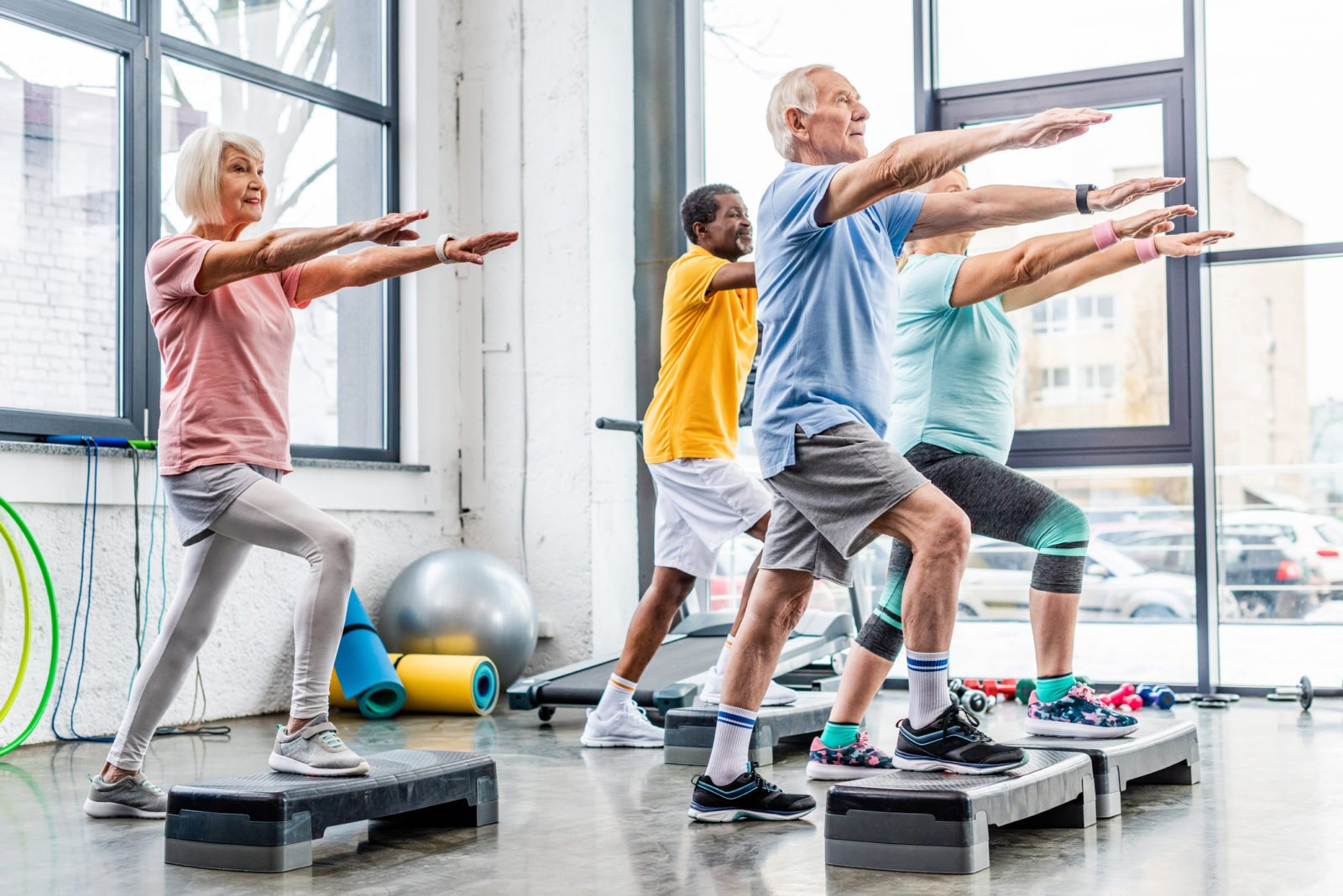The Importance of Fall Prevention

Fall is just around the corner, which means Falls Prevention Awareness Day is almost upon us. Every year, on the first day of autumn, which this year falls on September 23, the National Council on Aging brings awareness to this important topic, which directly affects more than one in four older adults each year.
According to the Centers for Disease and Prevention Control (CDC), 3 million older adults go to the hospital after a fall each year and 27,000 of them will die as a result of their fall injuries. Many more will experience disability and a loss of independence. And, as we age, both the risk of falling and the negative impact on health increases – older adults are much more likely than their younger counterparts to experience a hip fracture or traumatic brain injury after a fall.
Some of the major risk factors for fall include:
- Vertigo, labyrinthitis or other inner ear condition that may affect balance
- Medications that cause dizziness or taking too many medications
- Hazards in the home, such as clutter, loose rugs and wet surfaces
- Muscle weakness, particularly in the legs
- Poor eyesight
Fortunately, many falls are preventable. Here are some tips to help keep yourself – or someone you love – safe.
Make your environment safer
Nearly 50 percent of all falls happen in the home. You can help reduce the risk by taking some steps to make the home safer.
- Remove clutter and create clear pathways throughout your home.
- Make sure the home is well lit – add nightlights in hallways, bedrooms and bathrooms.
- Install handrails in the bathroom, a particularly risky place for falls.
- Put nonskid flooring throughout the house.
Exercise
While this may seem counterintuitive – certain exercises may increase your chance of falling – it’s critical to maintain a regular exercise routine, as it can provide numerous benefits: squats, leg extensions and toe stands can strengthen the legs, providing more support when walking; exercises such as tai chi can help improve balance; and walking can improve strength, balance and endurance. Be sure to check with your physician before starting an exercise routine. If you experience any pain, dizziness or trouble breathing during or after exercise, talk with a doctor, nurse or physical therapist.
Check your medications
Many medications have side effects, which may include dizziness or drowsiness. This can increase your chance of falling. Overmedication is also a problem common in seniors. Do a “medication checkup” with your doctor or pharmacist on a regular basis to see if there are alternate medications you can take and to ensure the drugs you’re taking aren’t causing problematic interactions.
Check your vision
Poor vision increases the likelihood of a fall. Visit your ophthalmologist for a vision test and to check if there are any issues, like glaucoma or cataracts, that may be causing problems. A Harvard University study found that, along with advances in cardiac care, the increased number of cataract surgeries is one of the most important factors behind today’s increased years of independence for seniors.
Get some help
Many falls occur while people are reaching to put away groceries, scrubbing away a stain high on the wall, walking the dog, or even bathing. That’s one of the advantages of living in a senior community like Charlesgate – the living environment is designed to help reduce the risk of falls and there is always someone around to assist should a fall occur.
![Charlesgate [logo]](https://www.charlesgate.net/wp-content/uploads/sites/218/2016/12/logo-new.png)